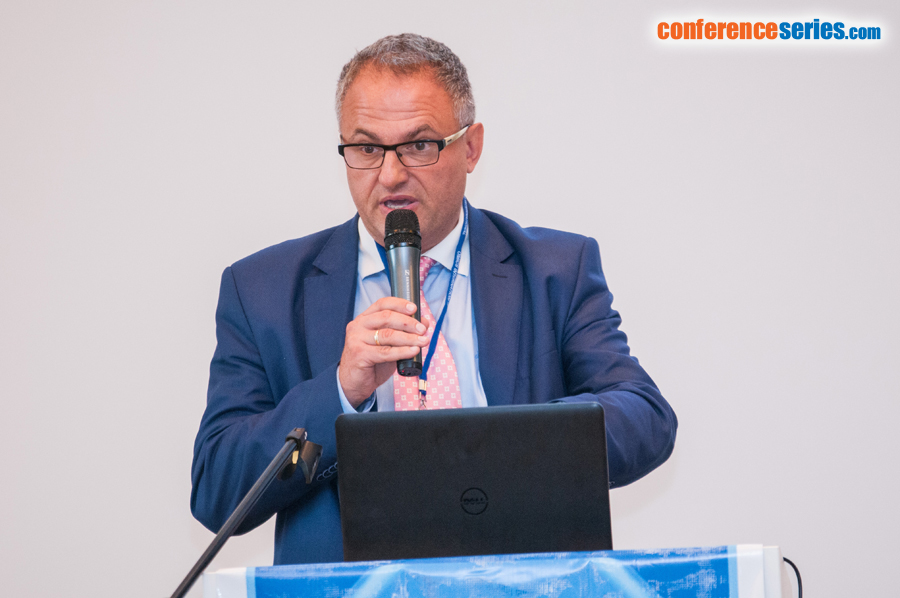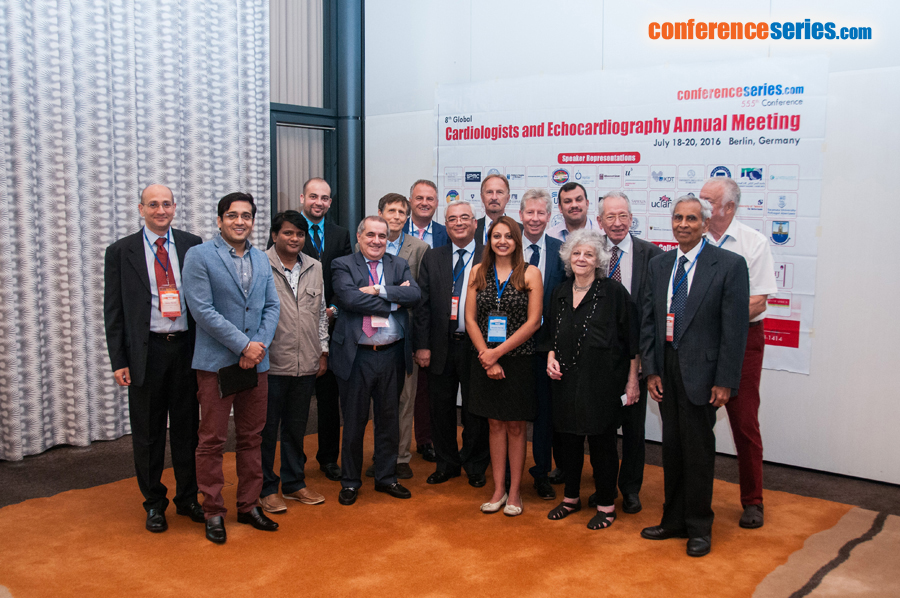
Robert Skalik
Wrocław Medical University, Poland
Title: Screening of athletes – Should we go beyond standard electrocardiogram?
Biography
Biography: Robert Skalik
Abstract
Professional and amateur athletic training can cause tremendous overload of the cardiovascular system and thus become a trigger for fatal cardiac events in athletes with previously undetected underlying heart diseases. Subsequently, every athlete should undergo a specialized diagnostic and qualification screening process before a training program is prescribed or continued. However, it is still unresolved issue which of the diagnostic tools should be routinely applied in order to increase the safety of extreme physical training and reduce the risk of sudden cardiac death. Pre-participation athlete evaluation including resting electrocardiography (EKG), physical examination and familial history of cardiovascular diseases is important, but does not always guarantee high diagnostic accuracy. The permanently growing interest in the sport activities raises serious and justified concerns about health and safety of extreme physical training and sport-related risk of sudden cardiac death (SCD). In recent years there are more and more press reports on cases of sudden cardiac death in young athletes during sport events. EKG is recommended by national and international medical associations as a basic tool to screen athletes. EKG is one of the oldest and simplest diagnostic instruments to diagnose cardiac diseases, but the main drawback of resting EKG is its interpretational ambiguity and controversial accuracy for the diagnosis of cardiovascular diseases. Hence, the complex and reliable evaluation of cardiovascular health status in athletes or athlete candidates should always include more sophisticated diagnostic techniques including echocardiography, exercise testing and cardiac magnetic resonance or in some selected cases cardiac computed tomography.




